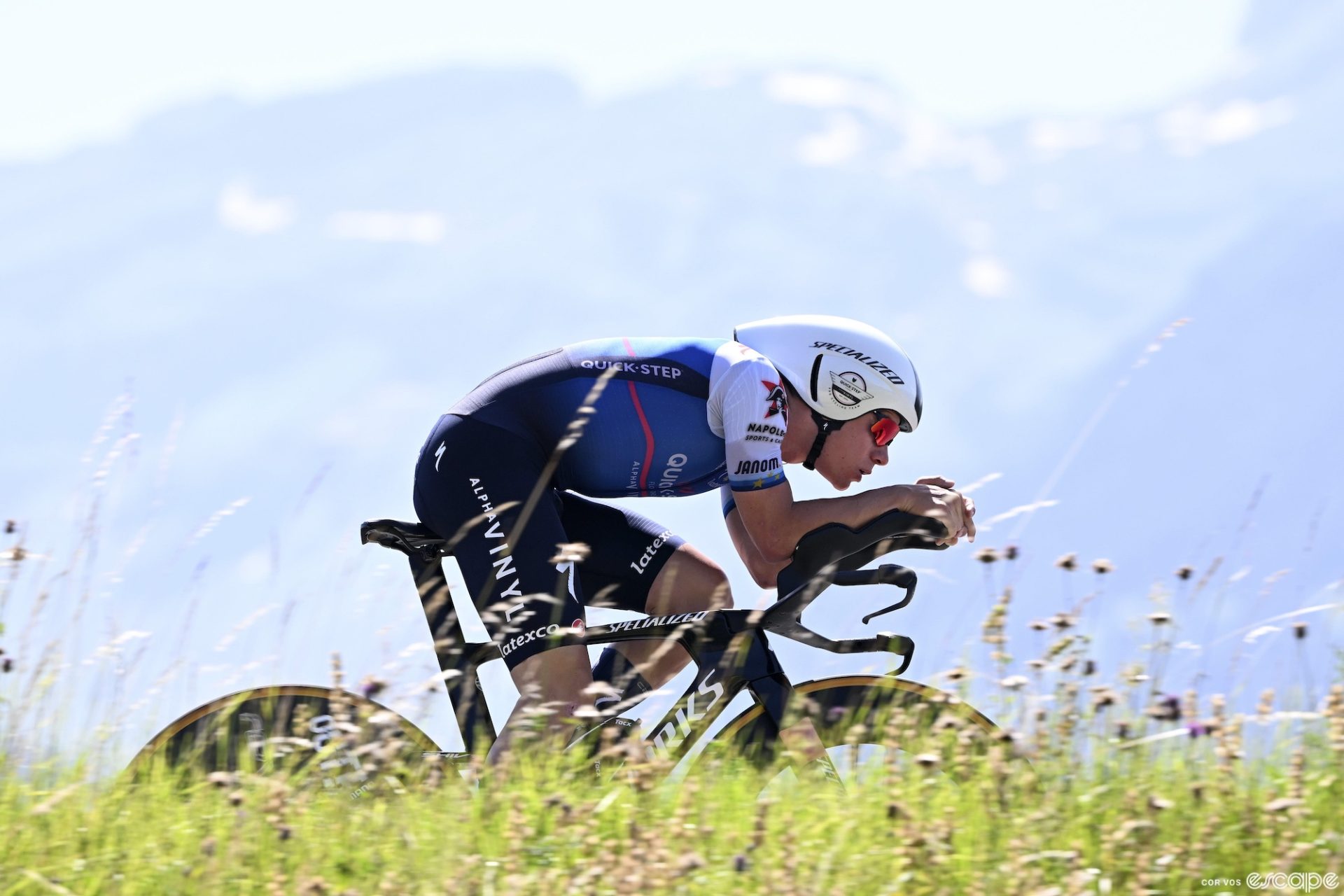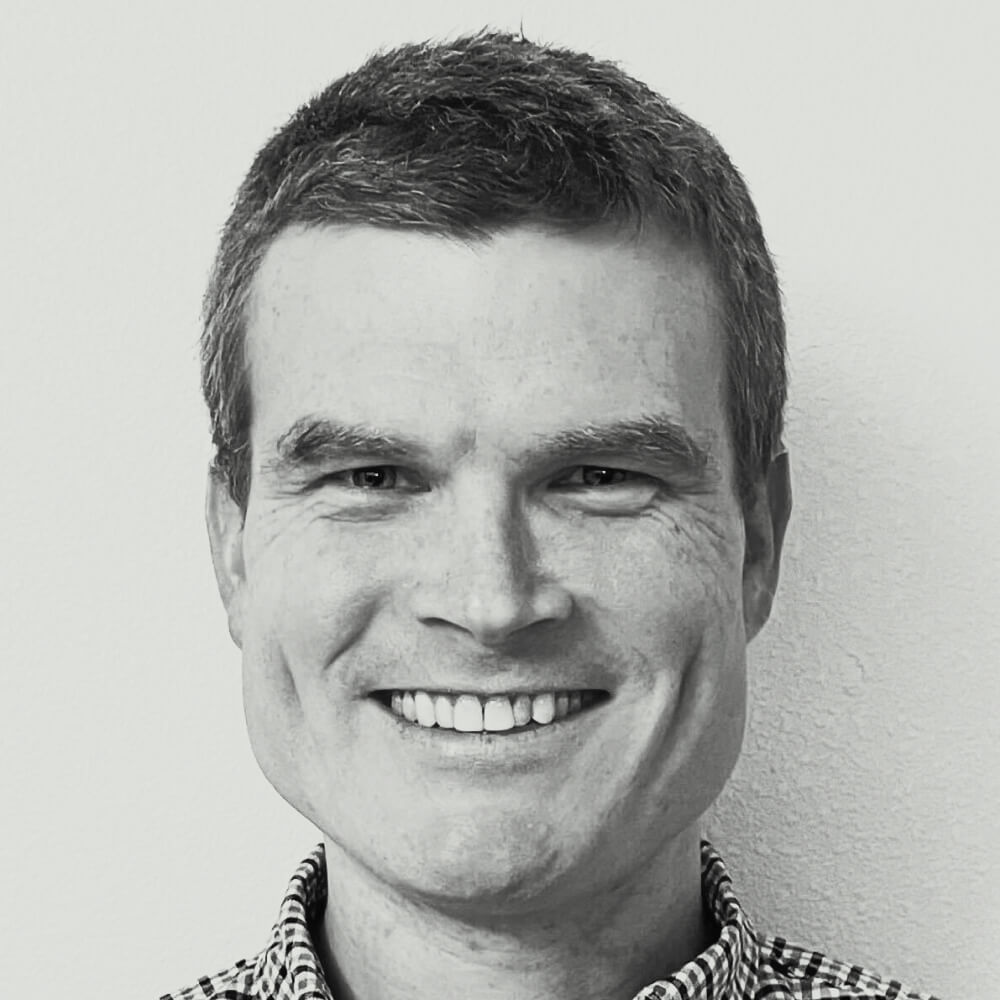What’s that you say? You want more big-time stage racing right now, even with the Critérium du Dauphiné reaching its climactic finale this weekend?
Well, you’re in luck. One big race in June just isn’t enough, and the Tour de Suisse is here to keep us entertained through another week. Kicking off on Sunday June 11 in Einsiedeln, and thus overlapping with the Dauphiné’s last stage, the men’s Tour de Suisse will draw some big names to Switzerland for an always-scenic, always-challenging bike race across eight days in the run-up to the Tour de France. Geraint Thomas won last year’s race en route to his podium performance at the Tour, but he won’t be in attendance this year, leaving it up to someone new to take over the title.
Here’s what you need to know about the upcoming Tour de Suisse.

The route: TTs and Alpine passes abound
The 2023 Tour de Suisse is a race for all-rounders, with a little bit of something for everyone and, unlike the upcoming Tour de France, little patience for climbers who can’t also ride on the aero bars.
Things will get underway with a short time trial. Despite its modest 12.7 km length, the flat race against the clock should have a not-insignificant impact on the overall battle, and of course will also put a rider into the early leader’s jersey. The power TT riders will have an advantage on this profile.

Stage 2 will give the stagehunters, particularly those with a fast finish, a chance to nab a victory on undulating roads. A late Category 3 climb could make things a bit interesting but a sprint, possibly from a somewhat-reduced field, seems likely. From there, it’s onto a trio of challenging climbing stages; this is not a race where contenders can just wait around for the final day or two to achieve their GC goals.
The challenging third stage will take riders over the Cat. 1 Col de Mosses before the especially challenging Cat. 1 finishing climb to Villars-sur-Ollon. The following day, the peloton will take on a stage 4 that features a very flat first half before a demanding final 70 km. A Cat. 1 climb to Crans-Montana (remember the Giro?) and then a quick Cat. 1 will put fatigue in the legs before a grueling finish.
The Tour de Suisse will reach its highest altitude on stage 5, which features the hors categorie Furkapass (to 2,433 meters above sea level) in the early goings, then the Cat. 1 Oberalpass, and then then the HC Albulapass at 2,312 meters before a descent to the line. That last climb will undoubedly have a big impact on the overall battle.

A pair of less mountainous stages follow with more opportunities for fast finishers or punchy attackers before next Sunday’s final TT, another chrono that will favor the specialists and this time one that covers 25.7 km. All told, that’s more TT mileage than is packed into the entire Tour de France this year! In other words, this is a Tour de Suisse for the all-rounders. Climbing and TTing will both be very important, as will the ability to thrive at elevation on a handful of especially high-altitude climbs.
The contenders: Evenepoel and … ?
Note: As of publication time, the start list is still in flux, so we may update this rundown of riders to watch in the next 24 hours.
The GC battle at this Tour de Suisse is shaping up to be somewhat unusual in that none of the top GC favorites are big Tour de France favorites. While the Dauphiné often (but not always) draws the bigger crowd of yellow jersey hopefuls, it has generally seen a Tour contender as its pre-race favorite too, but this year, the biggest name in the overall battle is a rider who is (apparently) not racing the Tour. That would be Remco Evenepoel (Soudal Quick-Step), who left the Giro d’Italia while in the race lead due to COVID-19.
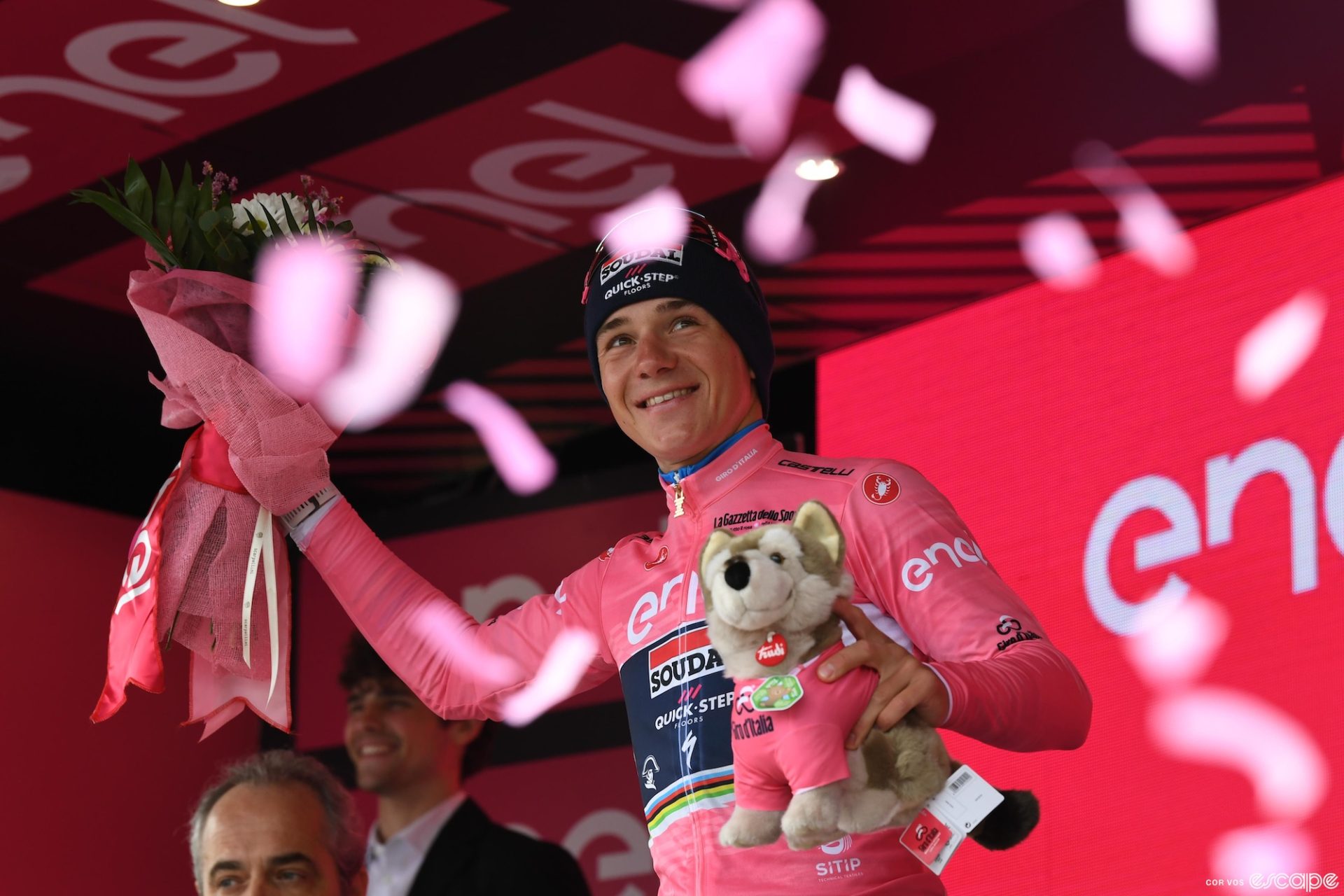
If he’s even mostly fit, Evenepoel is the clear favorite based on the form he showed in Italy before leaving that event. A one-week stage race with two time trials is about as well suited to his talents as you’ll find on the WorldTour calendar. At last year’s race, Evenepoel won the final TT. While the high-altitude mountain climbs are a bit more of a question mark, none of them are so steep or so high as to tip the balance in anyone else’s favor. The real question is whether Quick-Step might consider changing plans if he does, in fact, dominate.
The other question is who else might challenge the young Belgian world champ in the GC battle. Tom Pidcock (Ineos Grenadiers) may be the most interesting name on the start list as he will have an opportunity to show off his GC chops. Thus far in his pro road career, that has not been as much of a focus for him, but his skillset would suggest that there is potential there. Juan Ayuso (UAE Team Emirates) was already great racing in Switzerland once this year – he won a stage at the Tour de Romandie – and he is another potential contender. So are the Colombian duo of Rigoberto Urán (EF Education-EasyPost) and Sergio Higuita (Bora-Hansgrohe).
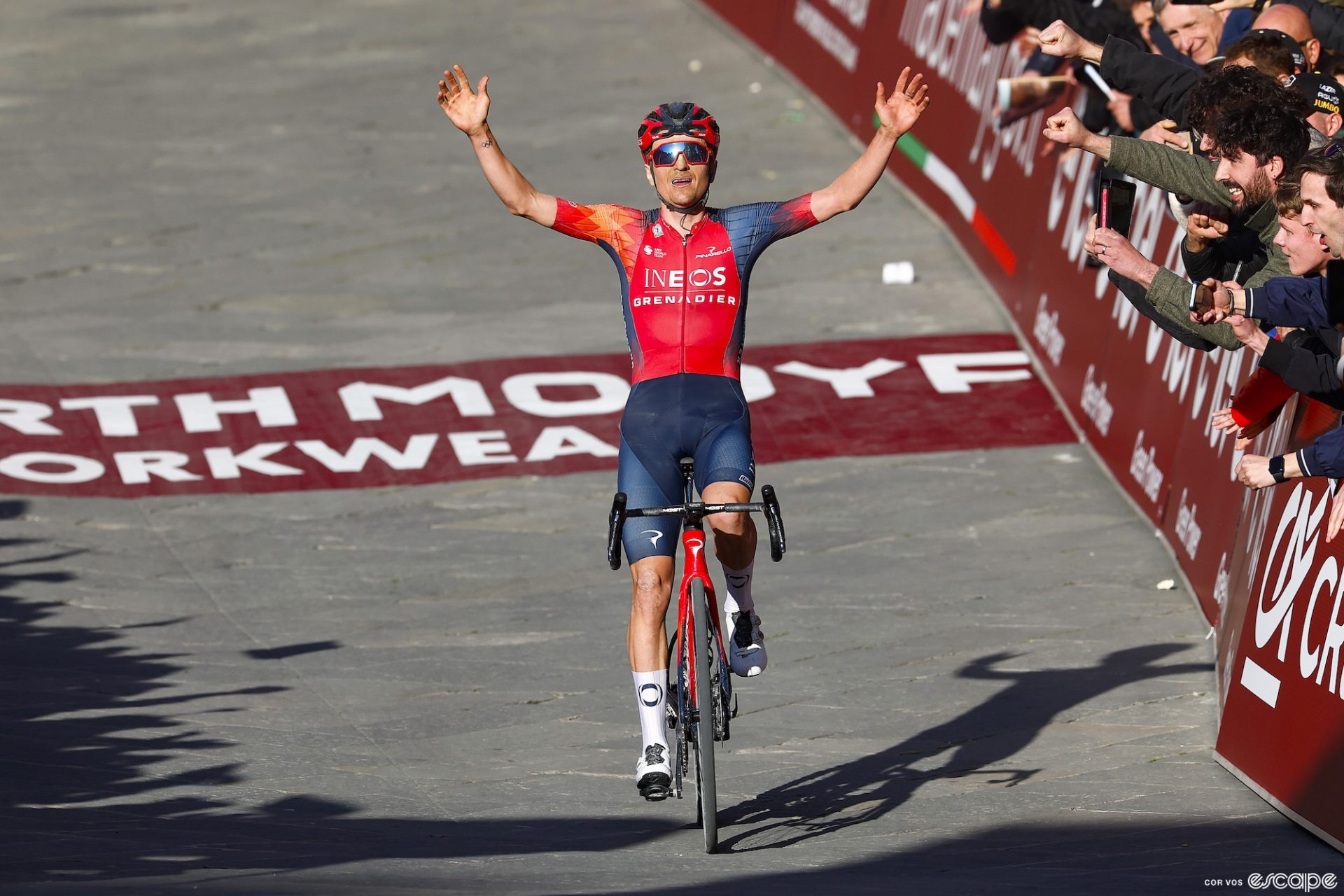
Then there’s Wout van Aert, who will be starring for Jumbo-Visma, and it’s really anyone’s guess what he decides to get up to this week in the Alps. He is elite against the clock, he is punchy, and we’ve seen him climb with the best on occasion. Given everything else he can do, would anyone be surprised if he bossed the GC (and everything else) in Switzerland? It would be equally unsurprising if he dropped out of GC contention quickly, but at the very least, he’s a potential winner on basically every stage.
There are a few other big names who could be hunting stages (assuming Van Aert lets anyone else win them). Peter Sagan has amassed an incredible 18 career Tour de Suisse stage wins, and after a quiet Classics campaign, he looked OK at the 4 Jours de Dunkerque last month. Arnaud Démare (Groupama-FDJ), Biniam Girmay (Intermarché-Circus-Wanty), and Bryan Coquard (Cofidis) are other fast finishers in attendance, while Stefan Küng (Groupama-FDJ) will be thrilled with the chance to show off his time trialing skills on home roads.
The Escape Collective star ratings
⭐⭐⭐⭐⭐: Remco Evenepoel
⭐⭐⭐⭐: Tom Pidcock, Juan Ayuso
⭐⭐⭐: Rigoberto Urán, Sergio Higuita, Wout van Aert
⭐⭐: Wilco Kelderman, Jay Vine, Gino Mäder, Romain Bardet, Cian Uijtdebroeks, Ion Izagirre, Neilson Powless,
⭐: Mattias Skjelmose, Alexey Lutsenko, Rui Costa, Jhonatan Narváez, Michał Kwiatkowski, Pello Bilbao, Marc Hirschi, Jakob Fuglsang, Ben Tulett
The conversation
To give you a break from the ramblings of just one author, we pulled in another expert (Abby Mickey) to provide some further analysis. Here’s our conversation ahead of the Tour de Suisse …
Dane Cash: OK Abby, let’s get back to the always entertaining big one, big two conversation. Remco Evenepoel at this race … it’s hard for me to see anybody else beating him. But what about Tom Pidcock?
Abby Mickey: I think it will be interesting to see how Remco is doing after COVID. It’s possible it didn’t affect him at all, and it’s possible that it did. In terms of Pidcock, he’s not raced since he took a huge chunk of time off to get ready for bigger targets later on in the summer. I’m curious what his form is like ahead of the Tour, whereas for Evenepoel, Soudal Quick-Step has been clear that Remco is not going to race the Tour. Their form could be in a completely different realm.
DC: Indeed. I’m really interested to see whether Pidcock will be able to climb the way that he kind of has occasionally, but this time as as GC hopeful. There are some high-altitude climbs in this race and I think this will be a cool opportunity to see him up there. He won a stage at Alpe d’Huez at the Tour de France, so obviously he’s a pretty talented climber, but as a GC rider, we haven’t seen him doing much that at the highest level yet. In any case … who else could challenge?
AM: Well, UAE team Emirates has a pretty strong team that they’re taking with Juan Ayuso as their likely leader. He’s going to be a really interesting contender. UAE isn’t a team that’s completely centered around anymore, and it’s probably Ayuso’s main goal, this race, versus some other guys focusing more on the Tour. You’ve got all of these guys with different targets throughout the season that don’t match up. But I think UAE team Emirates has a really strong team around Ayuso too. George Bennett is a really good domestique, you’ve got Jay Vine who is just coming off of the Giro and Finn Fisher-Black is another really interesting rider that I think is a guy to keep an eye on for the future.
DC: With Aysuo, you’ve got a really good time trialist, and this is a race that’s gonna reward people who are good at time trialing. It’s funny, I think this route with the high mountains and the time trials looks a lot more like a traditional Grand Tour than some Grand Tours right now, like the Tour de France, which doesn’t have much TT mileage this year.
AM: Yeah, bookending the race with time trials I think should make for a really interesting race.
Our picks
Dane Cash: Remco Evenepoel
Abby Mickey: Neilson Powless
Jonny Long: Tom Pidcock
Caley Fretz: Remco Evenepoel
Where to watch
In Australia, Canada, and the US, FloBikes has streaming rights. For the UK, it’s GCN+.
Extra credit
As usual, we’ll leave you with a bit of info that you didn’t know you needed to know about the culture and history (ancient, medieval, and modern!) of where this race takes place, Switzerland. In just a few moments’ time, you’ll be able to answer that age-old question: What do a beloved typeface and the fines that riders have to pay for breaking UCI rules have in common?
If you’ve ever looked through the UCI regulations or read communiqués from race officials, you’ll know that riders get fined in Swiss francs for doing various verboten things – and you may have noticed that the the acronym for the Swiss franc is CHF. For example, this week at the Critérium du Dauphiné, Sam Bennett and Dylan Groenewegen were both fined 500 CHF each for irregular sprints. That F is for franc, but have you ever wondered where that CH comes from?
Wonder no more. The acronym comes from “Confoederatio Helvetica,” the Latin name for the “Swiss Confederation.” The Old Swiss Confederacy, initially founded around the year 1300 as a collection of small mostly autonomous states in the Alps, gradually evolved into modern Switzerland, and along the way, it saw increasing usage of the Latin word “Helvetica” (and various derivations in other languages) used as an alternative to the Germanic “Schweiz” descriptor in official contexts – on money, for instance. That Latin name is actually throwback to far older times.
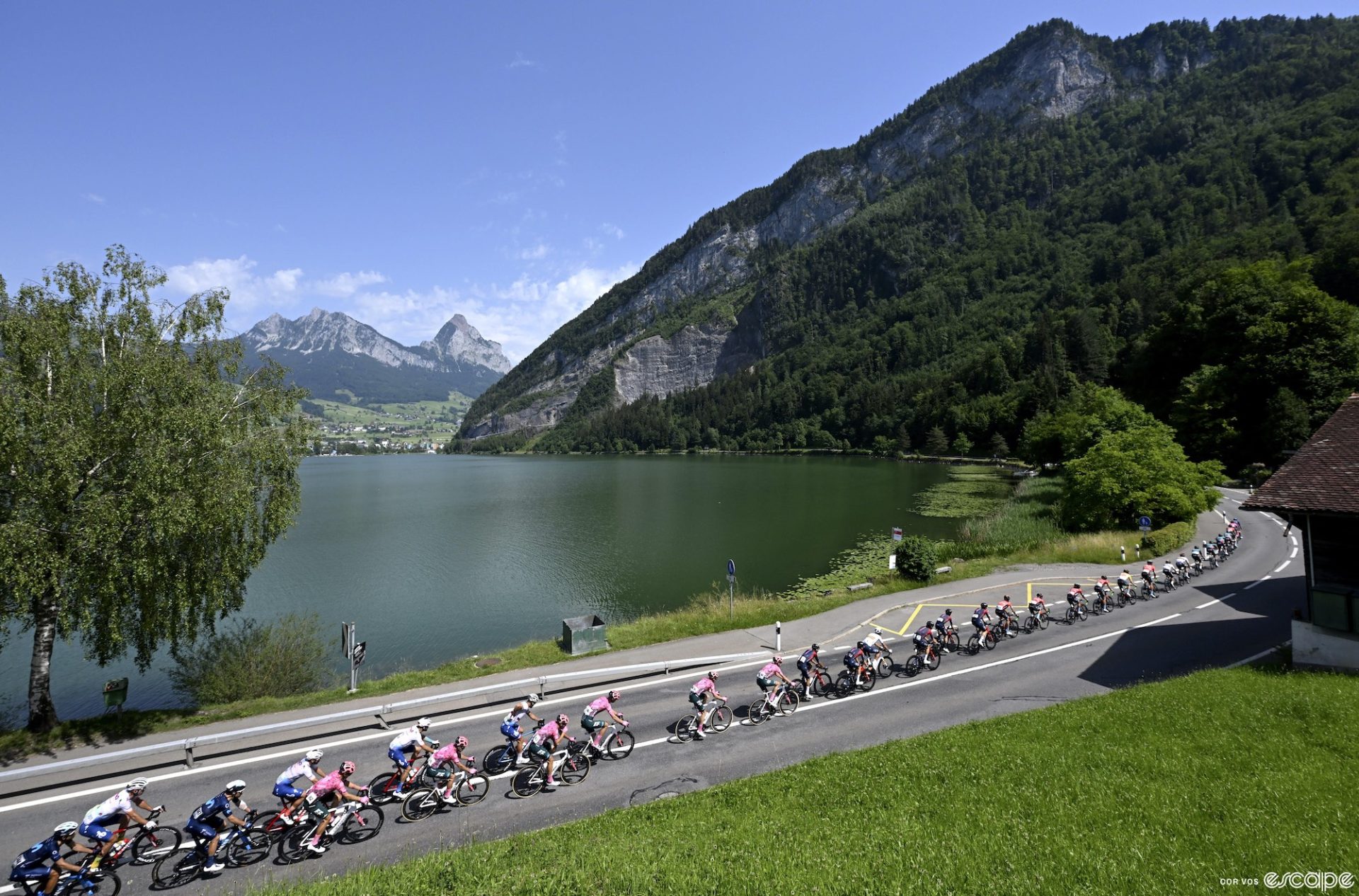
As a Swiss national consciousness began to grow in the late medieval and early modern period, people looked back to the ancient world for inspiration in the naming department, and they found it in the Helvetii, a Celtic people living in the region when ancient Rome entered the scene. Julius Caesar fought against them in the Gallic Wars, and the Romans conquered the region in the first century AD. From there, the Helvetii became increasingly Romanized, until Germanic folks (largely the Alemanni people) started to arrive in the third century, bringing their language with them to at least a large part of the country, which is now home to millions of German speakers and millions of speakers of Romance languages.
When Swiss people began to carve out an identity as an independent state over a thousand years later, they were drawn to the Helvetii as ancient forebears and starting using “Helvetica” in various forms their own name.
Fast forward to the 20th century, and as you may have guessed, a Swiss fellow named Max Miedinger designed a new typeface, first produced in the Swiss town of Münchenstein, that quickly became all the rage. Initially called Neue Haas Grotesk, it was renamed Helvetica by some savvy marketing types, and here we are today, celebrating an ancient Celtic people whenever we use the popular font … or fine riders for peeing in the wrong place or sprinting dangerously.
Enjoy the race!
What did you think of this story?
